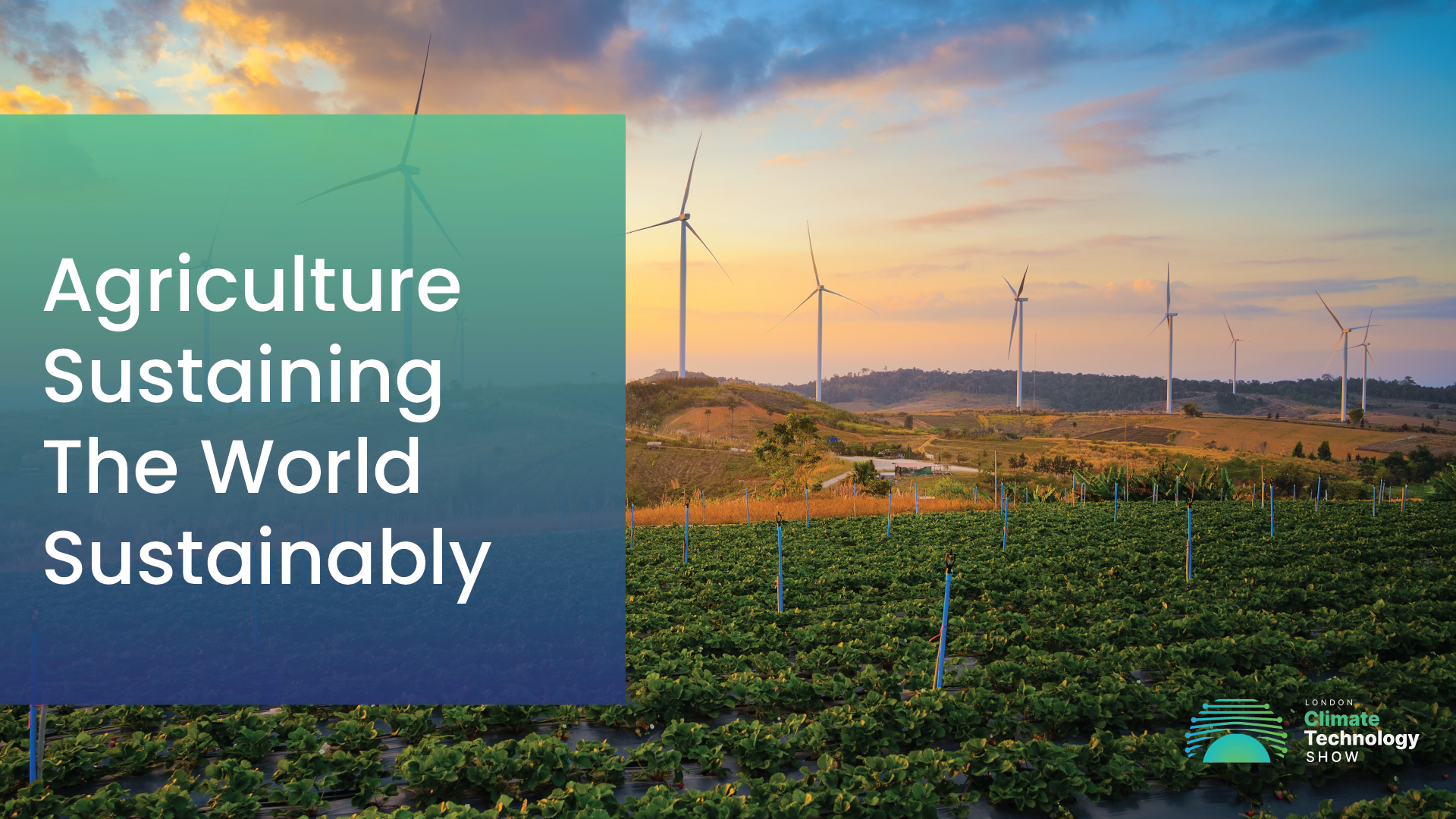In the ever growing world population, agriculture plays a very important role in sustaining life on the planet. With over 8 billion people to feed, ensuring an adequate food supply has become an alarming concern. To address this concern, crop enhancers such as fertilisers are being used to a greater extent. Indeed , fertilisers have helped us in meeting the food requirement; however, in our pursuit of solving one problem, we may inadvertently give rise to many others.
Fertilisers, enriched with nutrients like nitrogen and phosphorus are essential for plant growth. Nitrogen facilitates leaf development and contributes to vibrant green coloration, while phosphorus helps in the formation of new roots, seeds, fruit, and flowers. Since plants are unable to naturally acquire these nutrients in adequate quantities, fertilisers have become essential in modern agriculture.
However, the widespread use of fertilisers has given rise to environmental concerns that must be addressed. The excessive use of nitrogen and phosphorus fertilisers find their way into soil and water systems. This not only leads to soil pollution but also contributes to water pollution, affecting aquatic ecosystems and human health.The high levels of phosphorus from agricultural runoff have already resulted in harmful algal blooms and 40 dead zones worldwide, posing a serious threat to marine life.
Recognising the importance of sustainability in farming, it is essential to explore alternative approaches that help to increase crop yield while minimising negative impact on the environment. The use of farming practices have significantly reduced the soil and water pollution, and sequester more carbon in the soil. Additionally, vermicomposting, precision farming, and the use of biofertilizers have all demonstrated promising results in boosting crop productivity while minimising environmental harm.
Among these approaches, the reintroduction of mycorrhizal fungi in farming shows exceptional promise. These specialised fungi form a symbiotic relationship with plant roots, facilitating nutrient absorption and phosphorus cycling, while also increasing carbon capture in the soil. Mycorrhizal fungi can absorb 13.12 gigatons of CO2 annually, which is approximately equivalent to 36% of the yearly global fossil fuel emissions. Furthermore, it is estimated that about 70 to 90% of plants are compatible and able to form a symbiotic relationship with mycorrhizal fungi. These remarkable capabilities highlight the significant potential of mycorrhizal fungi in mitigating climate change and promoting sustainable agriculture.
At the London Climate Technology Show, one of our focus areas is Food, Agriculture & Land Use. The event will present an ideal platform for the relevant industry stakeholders to exchange critical information on how we can make nutrition universally accessible whilst embracing sustainable agriculture practices. Among the many sponsors and exhibitors, Groundwork BioAg, a leading name in the global agriculture landscape has joined the event as a sponsor to showcase technological disruption in the agriculture sector with a focus on sustainability. Taking advantage of the dynamic exhibition floor, Groundwork BioAg will exhibit their highly effective mycorrhizal inoculants which enhance nutrient uptake, improve crop quality, and reduce the need for synthetic fertilisers, making them a promising solution for sustainable agriculture. With over 30 years of proven experience, Groundwork BioAg envisions all arable land regenerating with the help of mycorrhizae and every farmer benefiting from higher crop yields, permanent carbon sequestration, and healthier soils.
By embracing climate technology and exploring innovative approaches like mycorrhizal fungi, we can move towards a more sustainable agricultural system. Striking a balance between maximising crop yields and minimising environmental harm is crucial for a sustainable agricultural system. By prioritising the use of organic substances and optimising their impact on crop yield, we can address the challenges of food scarcity without further deteriorating the climate. Together, with a collective commitment to sustainable practices and technological advancements, we can pave the way for a future where agriculture coexists harmoniously with environmental conservation.


